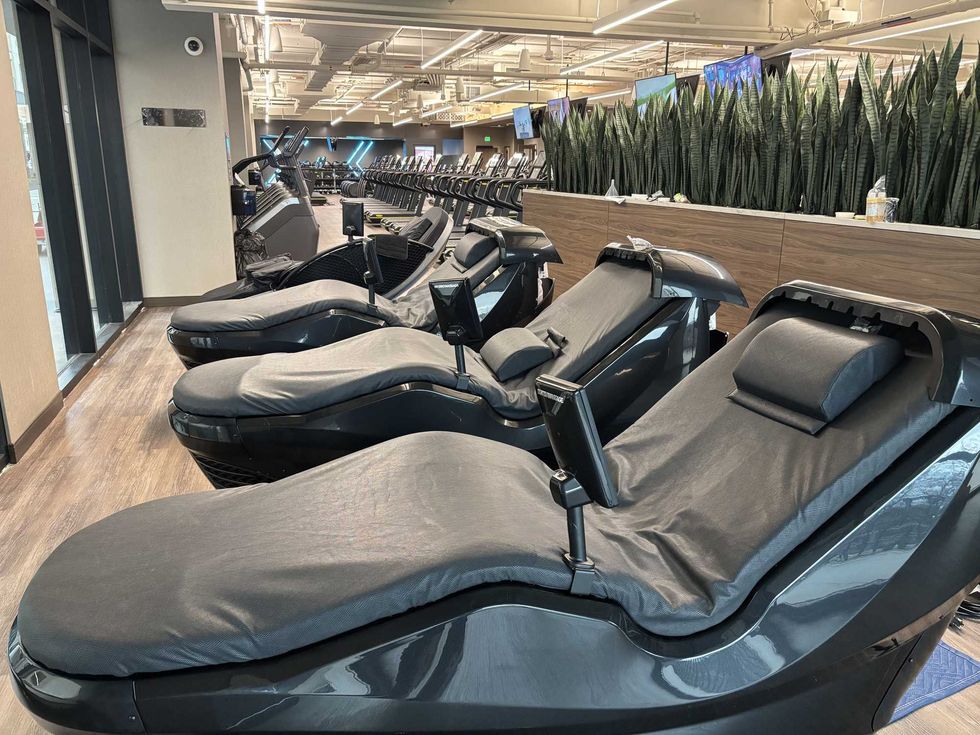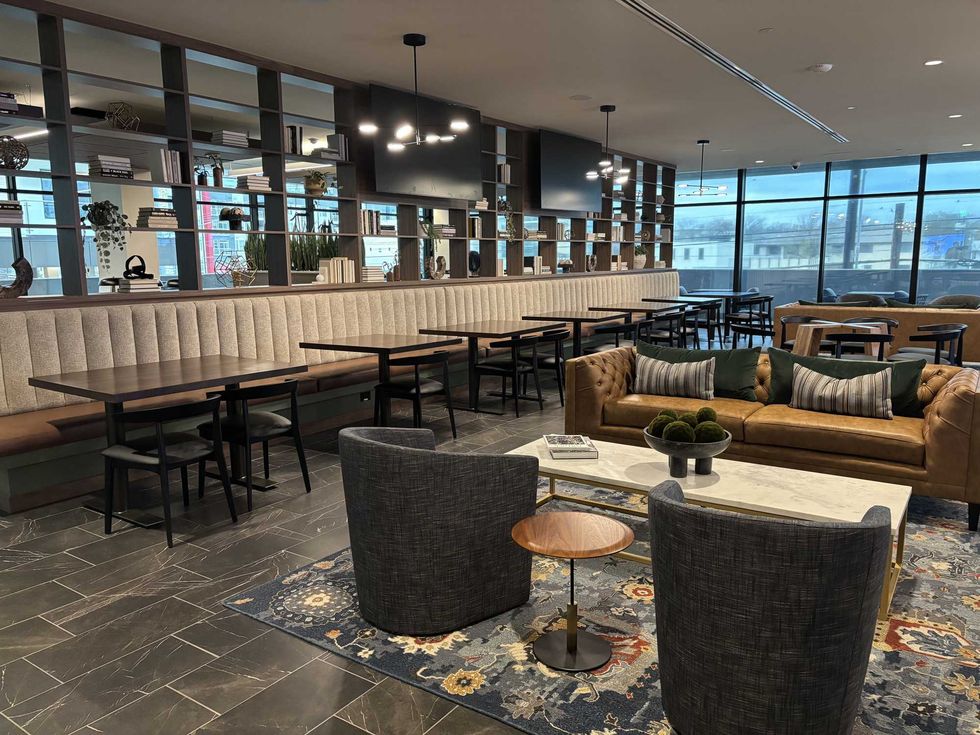Evaluating SXSW
After a chaotic and drunken SXSW, Austin must launch critical festival evaluation
For many attendees, this SXSW was markedly more chaotic than years before. Even after Rashad Owens allegedly plowed a car into a crowd of festival-goers, the chaos continued. The next day, Tyler, the Creator was caught on tape urging fans at the Scoot Inn to break through a fence even though the venue was at capacity. He was arrested two days later and charged with inciting a riot.
And those were just the events that got press.
A few blocks from Scoot Inn, multiple witnesses reported a fight breaking out at Yellow Jacket Social Club on the final Friday of SXSW, one that left a female bartender injured and forced the bar to close early. Add to this the seemingly random street fights filmed on "Dirty Sixth" — some occurring in broad daylight — and then uploaded to YouTube for gawkers to enjoy.
Balancing an overwhelmed city with the promise of serious economic growth is the unenviable task that lies before the city council on Thursday — and the days that follow.
And it wasn't just violence that was overwhelming — everything was overwhelming: the constant barrage of people, of cars, of major brands, of major artists, of events occurring 24-hours a day, of free booze, of stuff.
In response to this, and in one of his first major moves since announcing that he would run for mayor, Council Member Mike Martinez will bring forth a resolution on Thursday that would launch a full evaluation into all of these aspects of SXSW. If passed, a team led by City Manager Marc Ott will analyze everything from traffic management and event sprawl to citywide capacity for temporary events and crowd management.
The Texas Alcohol and Beverage Commission will be asked to provide feedback into issues "related to free or donated alcohol at events" and the Urban Transportation Commission will be asked to hold public meetings related to traffic management. The City of Austin will also request feedback from "stakeholders," including citizens who live in neighborhoods that house music venues. If the resolution passes, Ott will have 90 days to report his findings to the City Council.
As KUT points out, this isn't the first time city officials have criticized the size of the festival. After SXSW 2011, one City of Austin official suggested that we "dial it back." But instead of dialing it back, SXSW 2012 saw an increase of more than 16,000 people — and an extra $23 million added to the local economy. Balancing an overwhelmed city with the promise of serious economic growth is the unenviable task that lies before the city council on Thursday — and the days that follow.
So many columnists have declared 2014 to be the tipping point for SXSW, but the outcome of this evaluation could be the tipping point for Austin. Politically, Martinez putting his name on this resolution may be a happy accident, or a calculated political move meant to differentiate himself from the arguably pro-growth Lee Leffingwell. Economically, Austin must address the strides we've made to be the go-to destination for everything from real estate conferences to bachelorette parties, but without addressing the infrastructure to support it.
This year's SXSW provided the microcosm from which we can analyze our city's growth. Like SXSW, if Austin continues to grow unchecked, the chaos of the past few weeks may go from happening once every year to happening every weekend.

 Pilates is one of the many modalities on the schedule.Photo courtesy of Life Time
Pilates is one of the many modalities on the schedule.Photo courtesy of Life Time


 This giant sauna doubles as a social amenity.Photo courtesy of Life Time
This giant sauna doubles as a social amenity.Photo courtesy of Life Time The Life Time Lounge offers another place to hang out.Photo courtesy of Life Time
The Life Time Lounge offers another place to hang out.Photo courtesy of Life Time